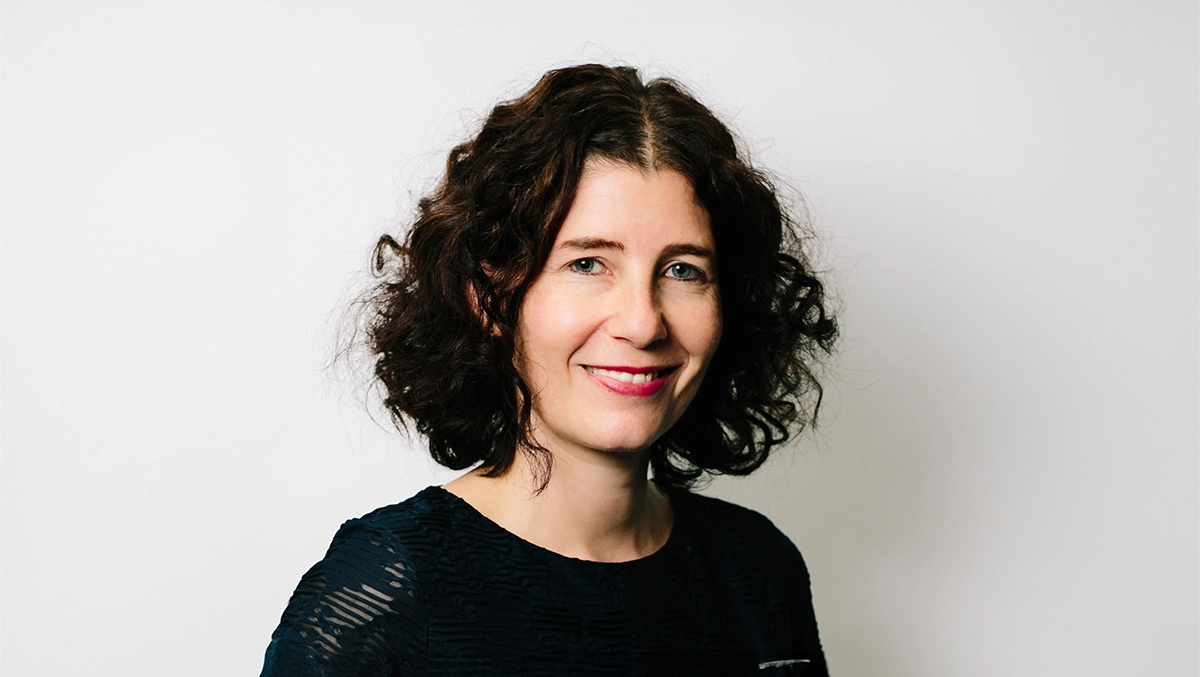
IWD 2024: Why organisations need to make inclusion a long-term goal
'It won't happen overnight but it will happen'…Is there a single Australian over a certain age who doesn't recall the 1990s shampoo commercials starring New Zealand supermodel Rachel Hunter? While cringeworthy, the slogan has become an enduring catchphrase in this country.
And I like the sentiment it encapsulates: while there are no magic fixes to, ahem, knotty problems, patience and persistence can result in positive change over time.
That's certainly how I feel about International Women's Day and its 2024 theme, Inspiring Inclusion, particularly as it pertains to ICT, the industry in which I've worked for many years.
It was male-dominated for decades, with women conspicuous due to their absence in sales, technical and leadership roles. Rock up to an industry event or user conference in the nineties and noughties and spotting a female attendee was a little bit like locating the elusive red and white striped jumper-wearing hero of a Where's Wally book – she had to be there somewhere, but it was necessary to look extremely long and hard!
Today's tech imbalance
Fast forward to the 2020s, and we're still significantly outnumbered right across the industry. Women hold less than a third of all jobs in the Australian ICT sector, according to the Australian Computer Society's 2021 Digital Pulse report, and this year's Workplace Gender Equality Agency Reporting shows a similar pattern. At the senior executive level, we're even harder to spot, occupying just 18% of CEO roles and 22% of seats at the boardroom table.
At Atturra, where I'm employed as Chief People Officer, our female representation is broadly in line with the rest of the industry. We have several senior female leaders, one woman on the board and a cohort of up and comers who are potential candidates for general management roles down the track.
Creating a more inclusive environment
It's a status quo that's a whole lot better than it used to be, but we know that, along with many of our counterparts in the sector, we can and should be doing more to promote diversity and inclusion.
As employers, we must make sustained efforts to attract and nurture high calibre women at all stages of their career journeys; bringing them into the fold and providing them with opportunities to develop their skills and capabilities.
At Atturra, we're doing just that. We have been supporters of the fantastic Code Like A Girl program for a while now, providing internships for women to start their careers in IT.
We send interested women to specialised leadership training to help them develop the skills they need to step up.
We're starting to up our focus on career succession planning with a focus on our female talent. And we're planning to set up sponsorship arrangements that will pair senior leaders with employees who'll benefit from their guidance and mentoring and the introductions and opportunities they'll be able to share.
Support to shine
I'm particularly passionate about the final initiative because I've experienced firsthand how helpful these connections can be.
Early on in my career, when I was working as a junior change management consultant, one of my managers nominated me to facilitate a series of workshops, solo, on the grounds it would be good exposure for me.
I saw he was right, took the opportunity and found I was good at it.
Would I have pushed myself forward in the absence of this encouragement? Doubtful. So I remain grateful that he did what he did because it gave my career trajectory – and my confidence – a very welcome boost.
Making steady progress
Putting programs in place that offer this sort of practical, personalised support should encourage more women to pursue careers in ICT and empower them to progress into management and leadership roles.
While they won't result in dramatic overnight change, over time we should see genuine, sustainable improvements to the longstanding gender imbalance in our sector – and as Rachel Hunter would no doubt attest, they're the only kind that count.